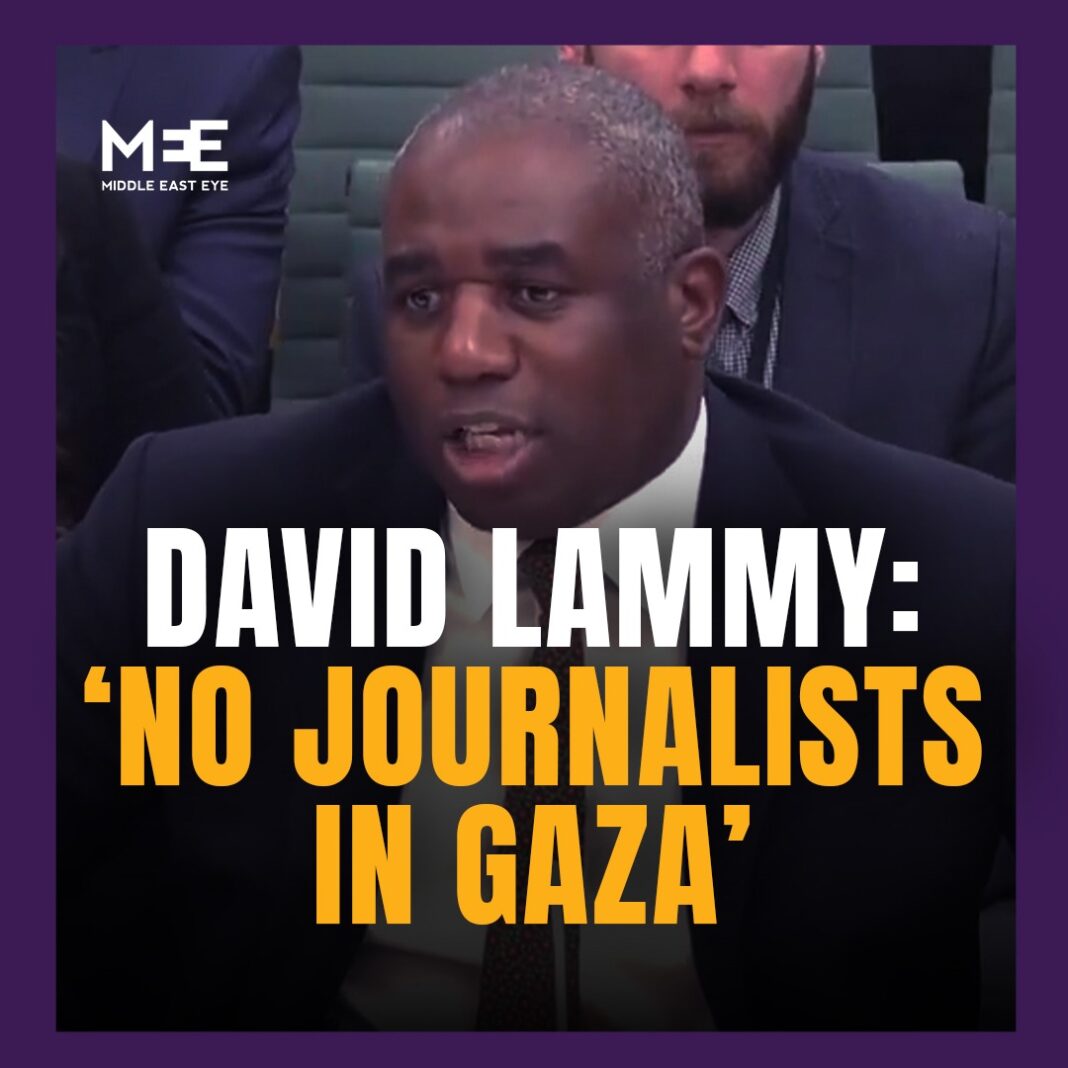In a move prompting fierce backlash from rights groups, legal experts, and civil liberties campaigners, the London Metropolitan Police has purchased 18 armoured “Sand Cat” vehicles from Israeli defence firm Plasan, a company whose products have been tested during Israeli military operations in Gaza. The acquisition has sparked alarm about the militarisation of British policing, especially amid growing concerns about political suppression of pro-Palestinian dissent.
The vehicles, described by their manufacturer as “battle-tested,” have been widely used by Israeli forces during operations in the occupied Palestinian territories, including the current war on Gaza. Critics say that label is a euphemism for “genocide-tested,” given the vehicles’ deployment in a conflict that has seen more than 54,000 Palestinians killed—many of them civilians, including children.
Footage published by BBC London showed the new Sand Cats being driven through the capital as part of Metropolitan Police training exercises. The Met has confirmed the vehicles are being introduced to replace older Jankel models and will be used in “high-risk” scenarios, including what it terms “serious public disorder.”
But human rights advocates and political figures are questioning whether the vehicles may soon be deployed to suppress legitimate protest, particularly pro-Palestine demonstrations that have frequently faced disproportionate policing since October 2023.
“This is not just a procurement scandal. This is a symbolic alignment with a state widely accused of genocide,” said one legal analyst. “Using vehicles tested against Palestinians to potentially police pro-Palestinian protesters in London sends an utterly chilling message.”
Alignment with an Accused Genocidal Regime
The manufacturer Plasan reportedly ramped up production to meet Israeli demand after the start of the Gaza war in October 2023. Israeli arms companies have long marketed their equipment as “battle tested” in real conflict zones, a sales tactic that has drawn condemnation for commodifying civilian suffering.
The acquisition coincides with a period of intense scrutiny of the Met’s treatment of Palestine solidarity protests. In January, Met Commissioner Sir Mark Rowley admitted to placing unprecedented restrictions on a Gaza ceasefire demonstration—restrictions that led to 77 arrests, including that of key organiser Chris Nineham. Former Labour leader Jeremy Corbyn and MP John McDonnell were later questioned under caution.
Rowley disclosed these facts not to the public or Parliament, but to the Board of Deputies of British Jews—an influential pro-Israel lobbying group—raising further concerns about political interference in police operations.
Politicised Policing and Public Distrust
Zack Polanski, the Jewish deputy leader of the Green Party and a member of the London Assembly, condemned the Met’s approach. He described the police’s narrative around the January protest as “false and inflammatory,” and accused Home Secretary Yvette Cooper of fuelling “racist narratives” about Palestine protesters.
“I’m disturbed by your communications suggesting there was an intention to disrupt a synagogue,” Polanski wrote to the Home Secretary. “The protest targeted the BBC’s failure to report the genocide in Gaza accurately, and was held well after synagogue services had ended.”
Over 100 legal scholars have since signed an open letter demanding an independent inquiry into the Met’s handling of pro-Palestinian demonstrations, citing political bias and disproportionate use of force.
Government Denials vs Reality on the Ground
While the UK government has claimed it is reassessing arms sales and trade with Israel, the delivery of Israeli armoured vehicles to British police undermines such statements. Just two days after Prime Minister Keir Starmer’s administration announced a supposed suspension of trade talks with Israel, UK Trade Envoy Ian Austin was in Israel pursuing further deals.
In Parliament this week, Trade Minister Douglas Alexander dismissed calls to end UK-Israel trade. Speaking on behalf of the government, Alexander described the October 7 Hamas attack as an “act of barbarism” and repeated that the UK supported Israel’s right to self-defence—while ignoring calls for arms embargoes or stronger accountability.
Campaigners say this is part of a broader pattern of duplicity.
“The UK government says it wants a ceasefire, wants to protect civilians, and wants to ensure international law is respected. But it continues arming and trading with the very regime accused of committing genocide,” said one protest organiser.
A Dangerous Precedent
For many observers, the deployment of Israeli-made armoured vehicles on British streets crosses a moral red line. It not only raises fears about the suppression of democratic protest but also signals a deepening relationship between UK authorities and an increasingly isolated Israeli regime.
“We must not allow the tools of genocide to become the tools of policing in Britain,” said one human rights campaigner. “This is not about law and order—this is about silencing dissent and intimidating those who speak out against war crimes.”
The controversy adds to a long list of recent scandals that have shaken public confidence in the Met, including institutional racism, misogyny, and repeated abuse of power. Some commentators are now calling for a full review of police procurement policies and the influence of foreign lobbying groups on domestic security decisions.
As international outrage over Israel’s actions in Gaza continues to grow—bolstered by genocide cases at the International Court of Justice and diplomatic backlash across Latin America—the UK stands increasingly isolated among Western democracies in its refusal to sever military and trade ties.
Demands for Accountability
Civil liberties groups, MPs, and academics are now demanding answers:
- Who authorised this purchase?
- Why was the UK buying vehicles from a country under investigation for war crimes?
- Could these vehicles be used against British citizens protesting genocide?
Until such questions are addressed, the symbolism of Israeli armoured vehicles patrolling British streets will continue to haunt a nation that claims to value justice, peace, and the rule of law.




